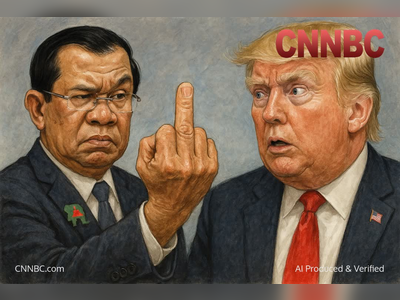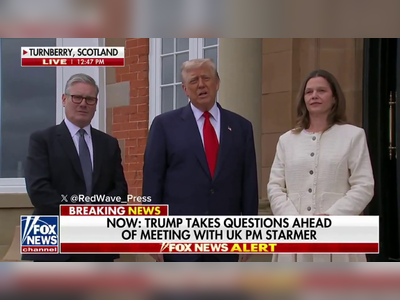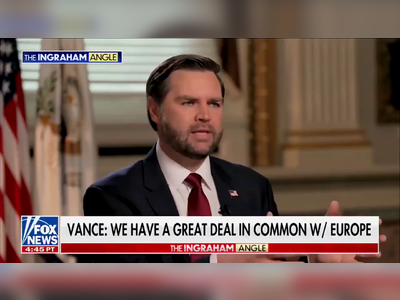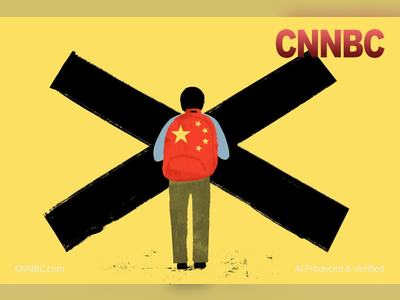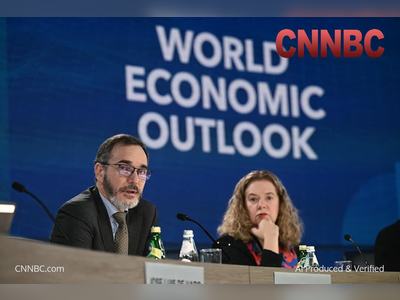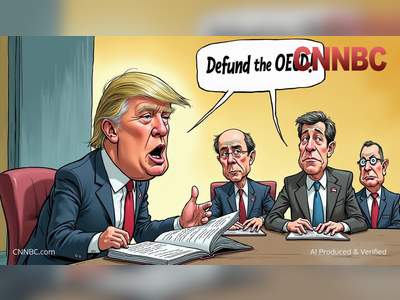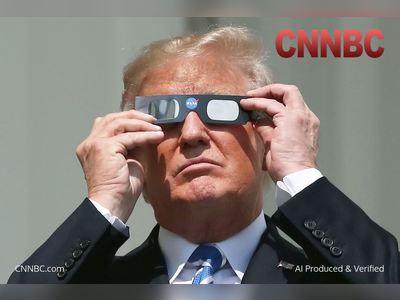EU Court Orders Disclosure of von der Leyen’s Texts with Pfizer CEO Over €35 Billion Vaccine Deal
European Commission must release private messages amid growing concerns over transparency, conflicts of interest, and potential misuse of public funds
The European Court of Justice has ordered the European Commission to release text messages exchanged between Commission President Ursula von der Leyen and Pfizer CEO Albert Bourla.
The messages are believed to contain key details of the negotiations surrounding a thirty-five billion euro COVID-19 vaccine deal signed during the pandemic.
The ruling follows years of legal challenges, public inquiries, and investigative reports calling for greater transparency in how the contract was negotiated.
The deal, one of the largest in EU procurement history, was allegedly discussed through private and unofficial channels, including personal text messages between von der Leyen and Bourla.
Investigative reports, including by Investigate Europe, claim the EU may have paid up to fifteen times the production cost per dose, raising concerns that billions in taxpayer funds were overpaid.
These concerns have intensified as Pfizer CEO Albert Bourla declined to testify before the European Parliament in 2022, when MEPs questioned pharmaceutical executives about pricing, contracts, and delivery terms.
Further scrutiny has been directed at potential conflicts of interest involving von der Leyen’s family.
Her husband, Heiko von der Leyen, is Medical Director at Orgenesis, a biotech firm that has received funding from the EU and partnered with Pfizer.
Additional disclosures indicate he also holds shares in Pfizer, deepening questions around possible financial benefit tied to the vaccine contract.
Transparency advocates and members of the European Parliament have called the situation highly irregular, with some suggesting the possibility of corruption at the highest levels of EU governance.
The European Commission has not provided a timeline for the release of the texts.
The court’s ruling marks a turning point in ongoing efforts to hold EU institutions accountable for pandemic-era spending and procurement decisions.
The case continues to draw widespread attention across member states and among European oversight bodies.
The messages are believed to contain key details of the negotiations surrounding a thirty-five billion euro COVID-19 vaccine deal signed during the pandemic.
The ruling follows years of legal challenges, public inquiries, and investigative reports calling for greater transparency in how the contract was negotiated.
The deal, one of the largest in EU procurement history, was allegedly discussed through private and unofficial channels, including personal text messages between von der Leyen and Bourla.
Investigative reports, including by Investigate Europe, claim the EU may have paid up to fifteen times the production cost per dose, raising concerns that billions in taxpayer funds were overpaid.
These concerns have intensified as Pfizer CEO Albert Bourla declined to testify before the European Parliament in 2022, when MEPs questioned pharmaceutical executives about pricing, contracts, and delivery terms.
Further scrutiny has been directed at potential conflicts of interest involving von der Leyen’s family.
Her husband, Heiko von der Leyen, is Medical Director at Orgenesis, a biotech firm that has received funding from the EU and partnered with Pfizer.
Additional disclosures indicate he also holds shares in Pfizer, deepening questions around possible financial benefit tied to the vaccine contract.
Transparency advocates and members of the European Parliament have called the situation highly irregular, with some suggesting the possibility of corruption at the highest levels of EU governance.
The European Commission has not provided a timeline for the release of the texts.
The court’s ruling marks a turning point in ongoing efforts to hold EU institutions accountable for pandemic-era spending and procurement decisions.
The case continues to draw widespread attention across member states and among European oversight bodies.



